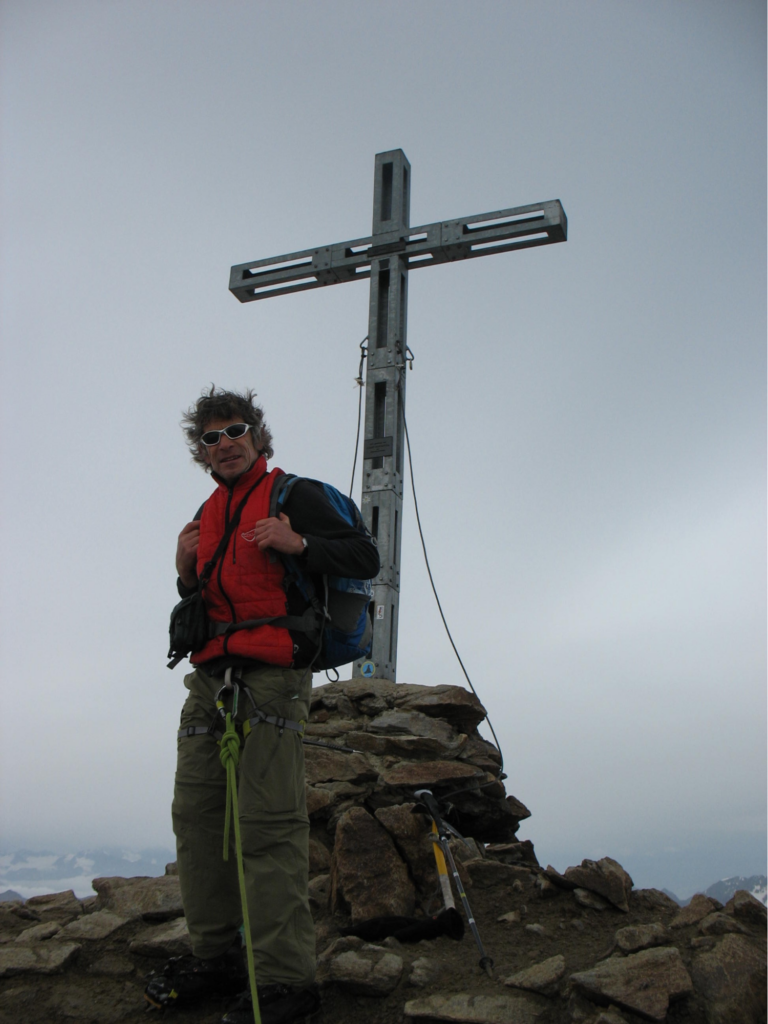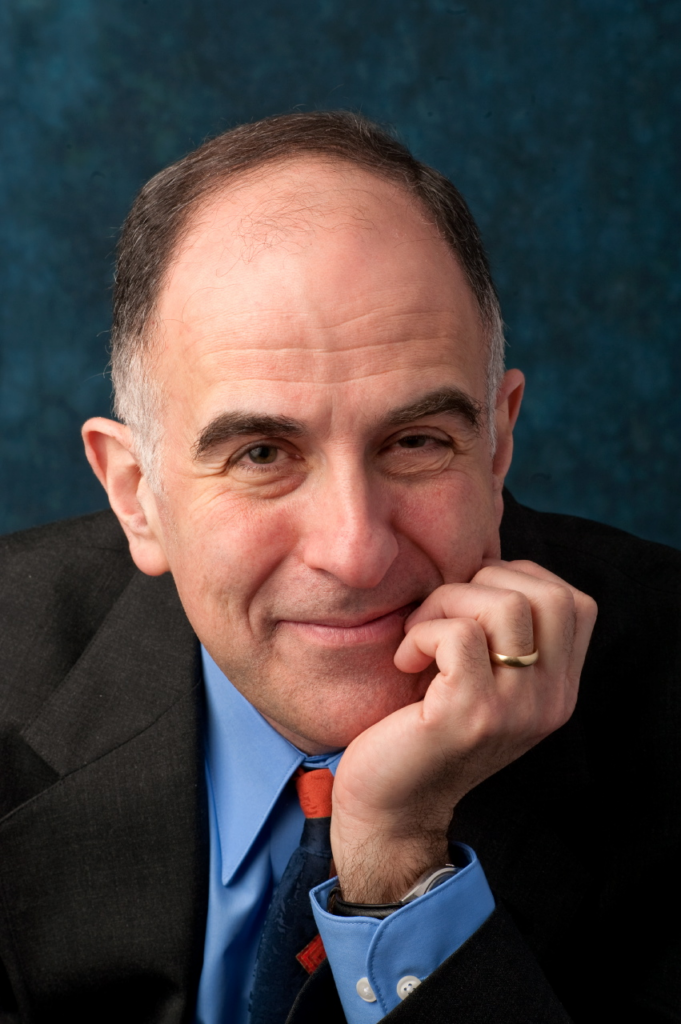by Tasmiah Akter
Wesleyan faculty’s collective expertise spans the globe, and the Office for Intercultural Learning at the Fries Center for Global Studies is pleased to celebrate their international and often multilingual work with great pride here in the Wes and the World newsletter. Last week’s theme was the Arts and this week it’s Social Sciences & STEM. Please enjoy these summaries and be sure to check out any works that pique your interest!
Tere Padilla-Benavides

MB&B
Region of Study – USA & Mexico
Work Title(s): “Revolutionizing ovarian cancer therapy by drug repositioning for accelerated and cost effective treatments”
This is a recent review paper: Drug repositioning, the practice of finding new uses for existing drugs, is transforming pharmaceutical productivity, especially in cancer therapy where the need for innovative treatments is urgent. This review focuses on repositioning drugs for ovarian cancer treatment, highlighting in vitro experiments across various cancer cell lines, validated through preclinical in vivo models. These studies not only demonstrate the efficacy of repurposed drugs but also explore their potential synergies with other treatments, promoting the development of cost-effective therapies for cancer patients.
Link to work:
https://www.frontiersin.org/journals/oncology/articles/10.3389/fonc.2024.1514120/full
Peter Mark

Emeritus, Art History
Region of Study – West Africa: Senegal, Guiné-Bissau; Europe: Portugal
Work Title(s): “The Development of the early Portuguese Slave Trade and African Responses in Upper Guinea, 1450-1669.”
This essay incorporates my recent discovery of the existence of three communities of escaped slaves in 16th-century Senegambia. These, the earliest Maroon communities, were founded before the growth of the Atlantic slave trade. The work is part of my larger study of commerce and long-distance trade in West Africa (Upper Guinea) BEFORE the arrival of the first Portuguese sea-borne merchants, ca. 1450. {prospective title: “Dawn of Interaction: The Upper Guinea Coast, 1400-1650.”] My work then continues with a detailed reassessment of the earliest direct contact between West Africans and Europeans, again focusing on the period before the expansion of the Atlantic slave trade. Among the important observations: 16th-century Portuguese law did NOT allow the enslavement of members of the African elite (those of royal blood); and the concepts of “white” and “black” referred NOT to phenotype (i.e. skin color), but rather to profession, social class, and material culture.
Link to work: http://Forschungskolleg-humanwissenschaften.de
Nadejda Marques

Visiting Assistant Professor of Public Policy
Region of Study – Brazil
Work Title(s): “Crianças e Exílio”
Children and Exile: Memories of Childhoods Marked by the Military Dictatorship brings together a collection of testimonies from the daughters and sons of left-wing activists and intellectuals who were persecuted, imprisoned, tortured and murdered by the military dictatorship in Brazil. These are never-before-seen, sensitive, human and tragic stories, testimonies from 46 Brazilian men and women who were children during the dictatorship. The narratives reveal how these children lived their lives far from their home country and how the military treated them during that period. Some were exchanged for diplomats who had been captured by the armed resistance in the fight for democracy. Others were born in other countries and did not even have the opportunity to be registered at Brazilian embassies as national citizens; in addition to those who were taken abroad to avoid being killed or disappeared, like their parents.
Richard Grossman

Economics
Region of Study – UK, Europe, Latin America
Work Title(s): “Living La Vida Loca? Remote Investing in Latin America, 1869-1929” (with Gareth Campbell and Áine Gallagher)
Substantial amounts of British capital flowed to Latin America during the latter part of the nineteenth and early twentieth centuries. Companies financed by this capital were typically headquartered in the UK, but operated thousands of miles away. This paper asks how this separation between governance and place of business affected the valuation of these firms. We find that the location of the headquarters played a more important role than the location of operations. Stock prices tended to fluctuate in line with other equities based in the UK, suggesting that they were still regarded as being, at least partially, British companies.
Links to work:
Elizabeth Jackson

Romance Languages & Literatures
Region of Study – Brazil, Portugal, India
Work Title(s): “Falando de/em português”
Strategies for improving listening and speaking skills in Portuguese for Portuguese language students in India.
Conference Program for “”India-Portugal: Confluence of Cultures”” at Goa University Jan 2025 p. 10″
Katja Kolcio

Dance
Region of Study – Ukraine
Work Title(s): “Development, implementation and assessment of a somatic methods program in Ukraine”
This article examines the implementation and evaluation of a somatic movement-based psycho-social care model developed in Ukraine between 2014 and 2020. A collaboration between a Ukrainian psycho-social health NGO, founded by Marta Pyvovarenko, and Wesleyan University professor Katja Kolcio, the program was designed to address trauma resulting from the Russian invasion.
Named the Vitality Project, the program was implemented and evaluated on a large scale in the Donbas region from 2020 to 2021. Data were collected from 460 clients, with providers entering responses via a custom Psychologist Package app on tablets. A simple longitudinal design, without randomization or a control group, was used to assess changes in depression, anxiety, and functionality.
Results: A mixed linear regression model showed a significant decrease in depression and anxiety scores and a statistically significant increase in functionality scores. The program’s implementation and evaluation proved feasible even in wartime conditions, demonstrating a scalable, adaptable approach to mental health care in conflict zones and offering valuable insights for addressing mental health globally.
Vitality Project Donbas has been recognized by the UN Inter-Agency Standing Committee as one of 12 examples of peacebuilding projects in the world (2024).
Link to work: https://katjakolcio.wescreates.wesleyan.edu
Mary Alice Haddad

GOVT/CEAS/COE
Region of Study – Japan
Work Title(s): “Environmental Activism in Japan After 3.11” in Simon Avenell and Akihiro Ogawa, Handbook of Civil Society in Japan (Japan Documents, 2024), pp. 202-215.
Drawing on an original dataset of newly formed nonprofit organizations engaged in environmental activities, this chapter argues that Japan’s current environmental activism is energetic, effective and growing. After a brief overview of the history of environmental advocacy in Japan, the chapter offers a broad overview of organizations engaged in environmental work formed after 3.11 and then provides a more detailed description of four groups: Plastic Free Japan (a “pure” environmental group), Kumano Forest Creation Association (combines environmental and economic goals), Mirai no Mori (combines environmental and social goals) and Next Mirai (combines environmental, economic and social goals).
Links to work:
Data used in the chapter can be found https://figshare.wesleyan.edu/articles/dataset/Japan_s_Post-3-11_Environmental_NGOs/21897462


